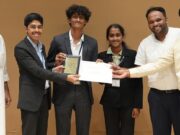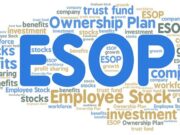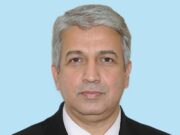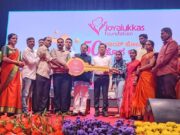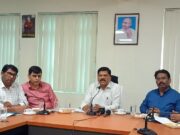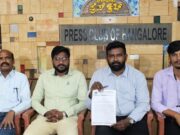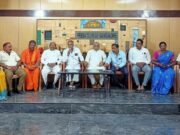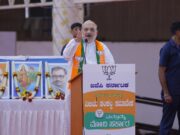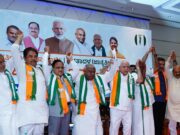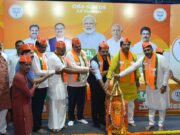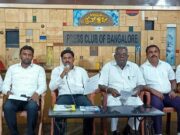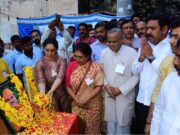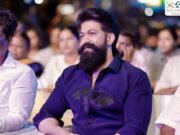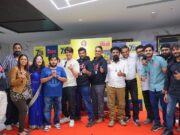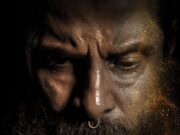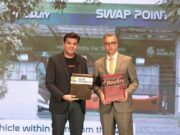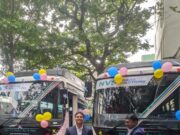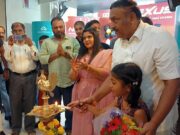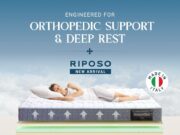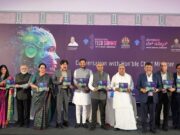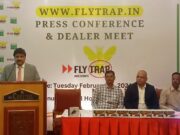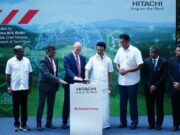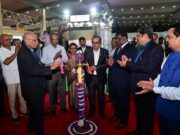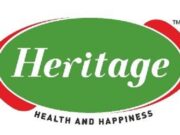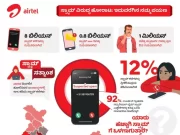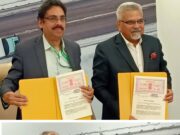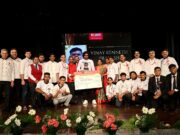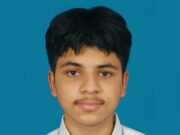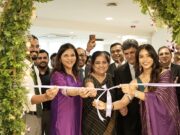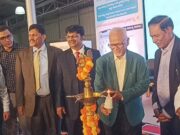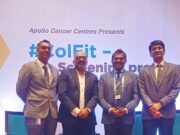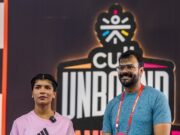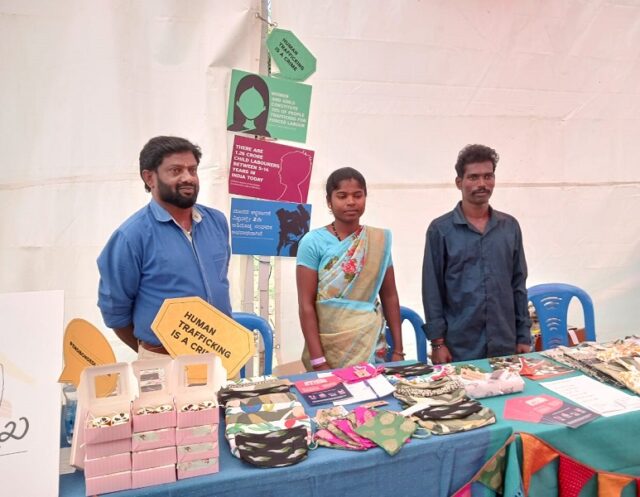Bangalore, Sep. 22: association (RBLA) Udayonmukha, Chalisu, charithre roopisu was established in December 2019 by and for released Bonded Labourers . The association’s primary objective is for its members to reconstruct their lives and empower them to become a powerful voice and lead the movement to end human trafficking and bonded labour.
OBJECTIVES
• Build a sustainable survivors’ leadership programme that will evolve into a district-wide network against the Bonded Labour System.
• Encourage Udayonmukha members to embrace opportunities to build their livelihood skills, access government schemes, programmes and to seamlessly integrate into mainstream society and create opportunities for economic empowerment.
• Create awareness on the crimes of bonded labour and human trafficking among vulnerable communities.
• Train and equip leaders for policy, advocacy and accountability measures with government officials. Inclusion of Udayonmukha in relevant government monitoring groups such as Vigilance Committees and Special Task Forces.
• Develop an effective and integrated ‘glocalised’ model for the survivor community in consultation with national level stakeholders.
• Create a forum for victims and other survivors to voice their concerns and create a safe place for grievances to be addressed.
Once freed from bonded labour, survivors require constant support to help them navigate challenges that arise. Udayonmukha leaders, journey with survivors to ensure that they thrive in freedom and are given the necessary tools. Some of the ways in which they support survivors/members are:
Peer mentorship and counselling:
Survivors who have been subjected to bonded labour develop a strong bond with recently rescued survivors because they have firsthand knowledge of the problem. This unique perspective enhances their bond with rescued survivors and allows them to provide care, counsel, and support. Livelihood and skill development opportunities:
Survivors frequently live in isolated areas with limited or seasonal economic prospects, making them prime targets for human trafficking and bonded labour. Their skillsets are typically farming, brick-building, weaving, etc., leaving them reliant on company owners to supply them with opportunities.
Udayonmukha leaders seek to lift women and the vulnerable community out of poverty by providing skill development training opportunities such as tailoring, jewelry making, stitching bags, etc. that enable them to become independent and self-sufficient.
Access to government welfare programmes: The government offers various welfare programmes for people in poverty, but many are unaware of these opportunities. Udayonmukha leaders bridge that gap by spreading awareness and assist individuals in applying for and obtaining these benefits. The assistance includes guiding them through the application process. As a result, survivors can access essential resources like ration cards, health cards, land patta, machinery, pension benefits and enroll into local Self-Help Groups.
All these initiatives reduce the vulnerability of survivors returning to being bonded labourers, enhance their standard of life, and empower them to live content, free lives. It enables people to benefit from the government’s and other stakeholders’ protection and provision.
Udayonmukha was launched in 2019 at a local government office (Zilla Panchayat). It was inaugurated by a senior government official, Mr. Revanappa (Director of Rural Development and Panchayat Raj). Udayonmukha trust was officially registered as an association in November 2020.
Survivors from twelve districts of Karnataka are part of Udayonmukha. The districts are: ramnagara, shimoga, dharwad, Mysore, Mandya, Gadag, Hassan, Chikmagalur, Bangalore Urban, Bangalore Rural, Belagavi and Kolar.
Udayonmukha has 127 members as of August 2023 including 15 leaders.
As a leader and representative of Udayonmukha I consider this as an opportunity to serve the poor in the community during this pandemic. Once not long ago, I was in a brick kiln, bonded, helpless and seeking freedom, but today I feel proud and happy to be able to help the poor and vulnerable.
Marappa, President Udayonmukha
UDYONMUKHA HANDICRAFTS
Newly rescued individuals often face significant vulnerability to re-exploitation, as they are typically accustomed to working in environments such as brick kilns and farms, which are owned by others. Building new skills becomes essential for their ability to secure employment, particularly during lean seasons when job opportunities are scarce. Recognizing this need, Udayonmukha leaders play a crucial role in facilitating skill development training to empower these survivors and help them sustain their freedom.
To address this need, Udayonmukha leaders collaborate with corporate offices to provide skill development opportunities. Survivors undergo training in crafting a variety of products, including jewellery, tailoring, kitchen towels, tote bags, laptop bags, sleeves, pillows, and cushion covers. These newfound skills enable them to not only explore diverse employment options but also gain financial independence.
Udayonmukha members have officially registered Udayonmukha Handicrafts as a separate entity. The profits generated from selling these handcrafted products are divided among the survivors, ensuring they reap the rewards of their hard work. Additionally, a percentage of these earnings is dedicated to supporting the Udayonmukha trust, which further aids in the rehabilitation and empowerment of survivors. Even with their daily employment, they pitch in for the handicrafts project as orders roll in.
On September 22, Udayonmukha will showcase their products at Soul Sante in Bangalore. They will be featuring laptop bags, tote bags, pouches, candles, buntings and jewellery. The proceeds from the sales will empower survivors of bonded labour and human trafficking. Soul Sante, India’s most cherished flea market sine 2010. The event gathers skilled artisans from across the nation. The flea market has more than 200 colourful stalls showcasing handcrafted treasures.
The Heart of Sante empowers young entrepreneurs with free tables at Sante and extend support to causes ranging from puppy adoption, bonded labour and other NGOs.
Marappa is the President of Udayonmukha Trust and his wife Poornima is the treasurer. Both husband and wife were rescued in 2014 from a brick kiln in Ramnagara.
Udayonmukha Handicrafts is the arm of Udayonmukha Trust started and run by Released Bonded Labourers (RBLs) for RBLs. The handicrafts arm which is separately registered, is a potential bay for RBLs to exercise their will to seek eventual self-employment. Marappa who heads Udayonmukha Trust as the president supports Poornima who runs the handicrafts business. With regards to her plans for the handicraft unit she hopes to hire at least three or four more people. At the moment it’s just Poornima and another person leading the operations. There have been people enquiring about getting some work in the handicrafts unit, Poornima hopes to give them jobs on piece-rate basis at least. “I feel like working hard and getting ahead in life,” she says with a sense of determination and continues, “I’m happy that now I can provide employment to others.” The experience of Poornima in arriving at this juncture with a persistent mindset is a deeper projection of the steps she takes in savouring what that life of freedom means for her concretely. She adds in with flair, “I repair these sewing machines if they develop snags, the technicians come only to change the oil.”
Marappa is the president of Udayonmukha, Poornima supports him in any way that she can contribute. Her husband plays a compelling role in nurturing the Udayonmukha Trust and bringing RBLs together, adding to building networks and maintain cordial relationships with the government officials at various levels of governance. The transformation of them coming from a poor and oppressed community having withstood the trauma of daily violence, to experiencing the purposeful functioning of the Public Justice System needs to serve as a background to all the initiatives they undertake to make their freedom work. It can be done better collectively but bringing people who have lived similar experiences of trauma is no simple correspondence, yet they persist in making it happen.





